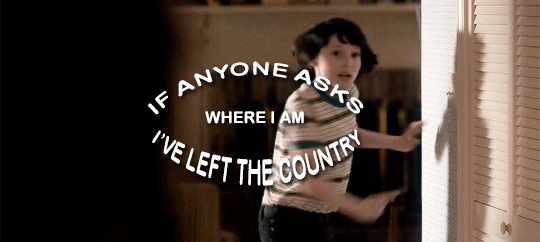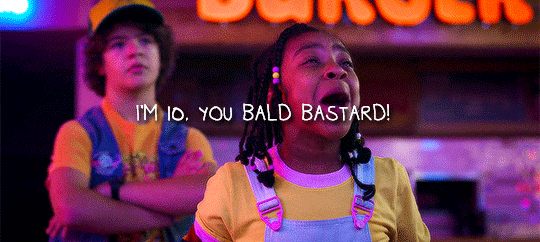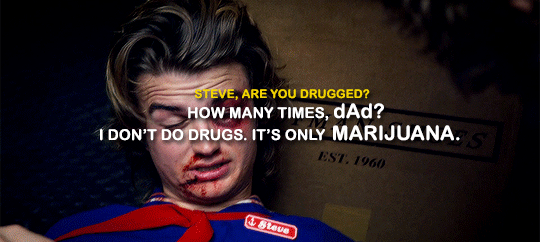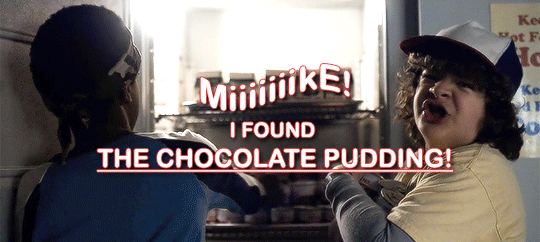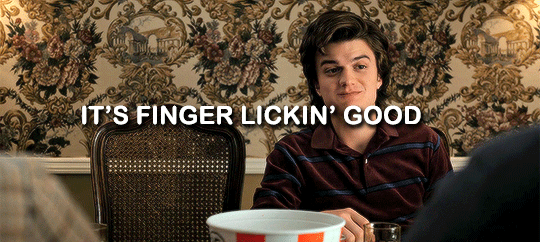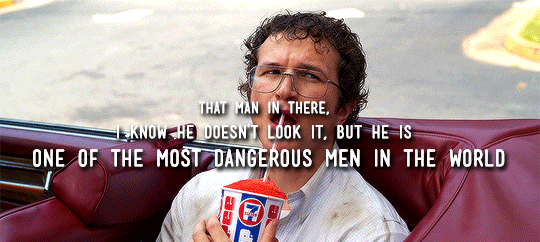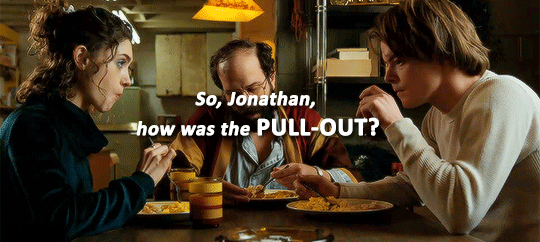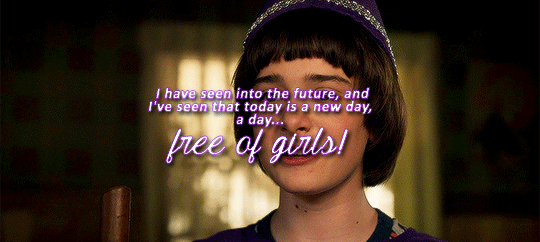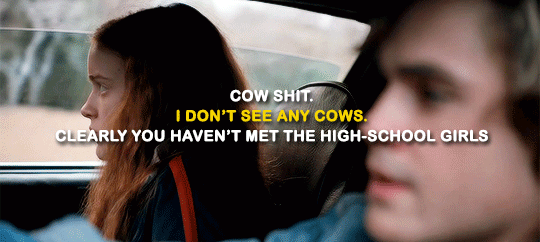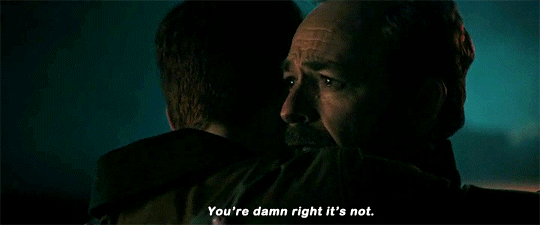~Originally dedicated to Boy Meets World~ Harry Potter, Johnny Depp, Stranger Things, X-Files, Seinfeld, Twin Peaks, Disney, Music, Film
Don't wanna be here? Send us removal request.
Link
Made a new Boy Meets World video!
4 notes
·
View notes
Link
Made a Johnny Depp fancam! <3
0 notes
Link
Click to watch my new YouTube video!
0 notes
Photo

Thank you @voodoohearts for the mention. Here are my top 7 albums in no particular order.
Rise, Hollywood Vampires
Black Sabbath, Black Sabbath
Paranoid, Black Sabbath
...And Justice For All, Metallica
100 Blues Classics & Greatest Blues Hits
Thriller, Michael Jackson
Let Go, Avril Lavigne
You can do your own here
0 notes
Photo
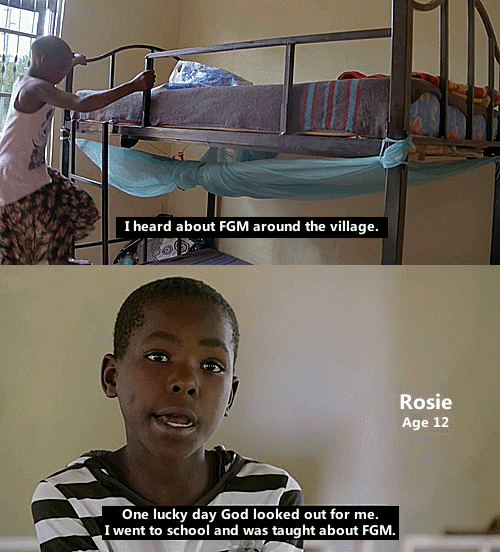
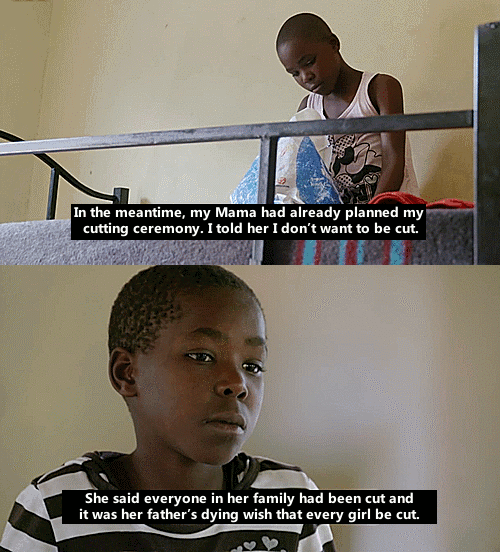
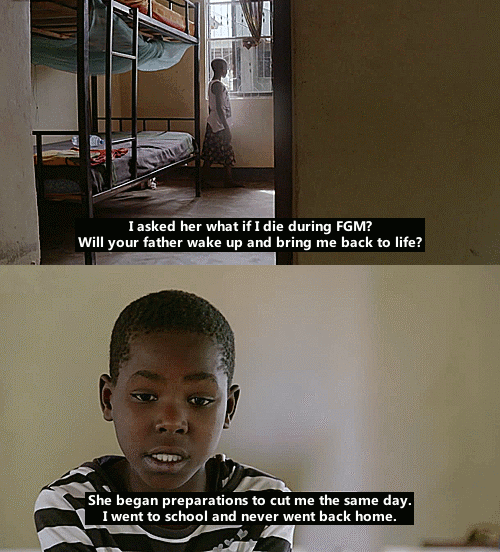
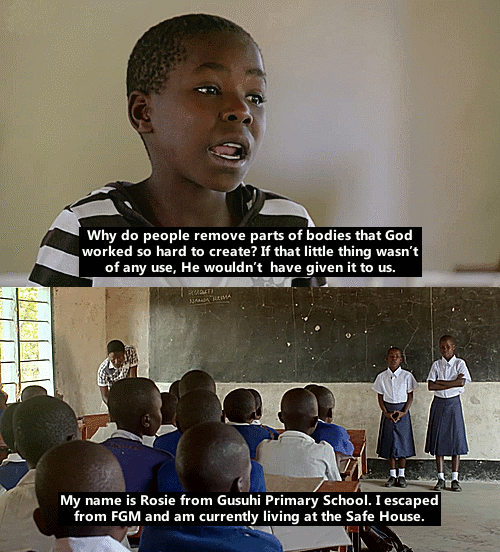
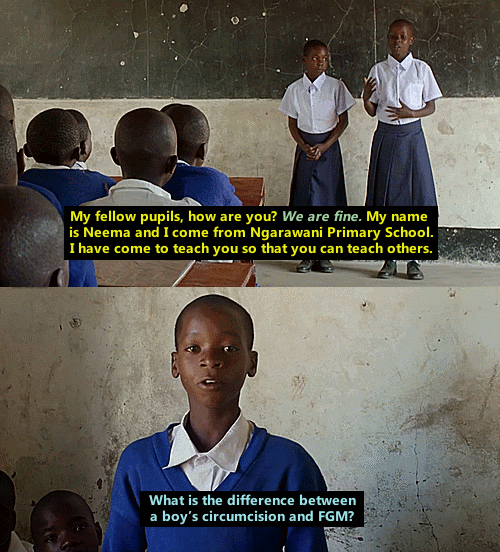
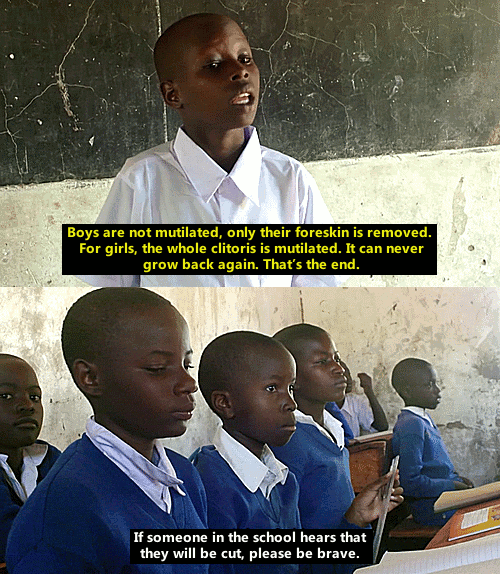
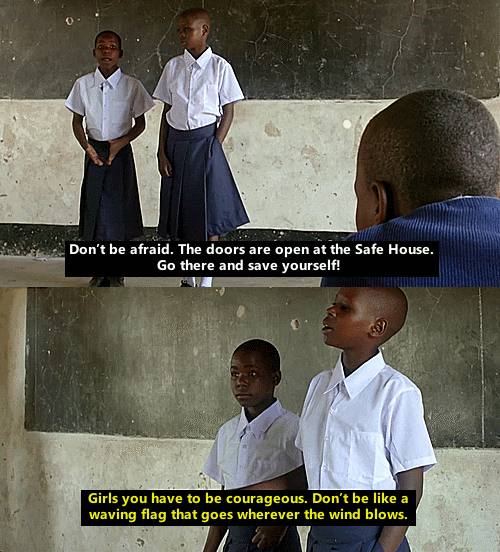
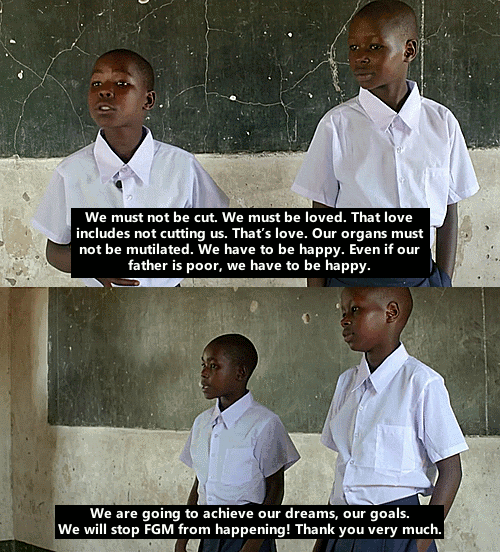

Storyville - Defying the Cutting Season
Female Genital Mutilation (FGM) has been illegal in Tanzania since 1998. But every year thousands of families still plan to have their daughters cut, an ordeal that could cost them their lives. The ‘Cutting Season’ takes place during the December school holidays.
During this time hundreds of girls are saved from FGM by the police, the government and the work of the Safe House. It is run by Rhobi Samwelly, who was herself a victim of FGM, and now, not only does she valiantly run the safe house but she also works with the local police to rescue and protect girls at risk while arresting the parents and cutters.
But they have a tough and dangerous job and old customs die hard. Men believe that girls must be cut to reduce promiscuity and cut girls command twice the bride price in cows as uncut girls. Girls like Rosie, just 12 years old, have had to make the most difficult choices of their young lives - run away from home, not knowing if they will ever see their families again, or submit to female genital mutilation and child marriage.
These brave and courageous young girls are fighting against a tradition that goes back thousands of years. They are standing up for their human rights and fighting for change in their community.
The Safe House is the one safe place they can escape to.
124K notes
·
View notes
Photo



harry potter and the philosopher’s stone (2001), dir. chris columbus
1K notes
·
View notes
Text
They Still Don’t Care About Us: Michael Jackson’s Song and How It Has United the Black Community
This is an essay I wrote in 2017 for my Heavy Music university class:
An artist’s goal in creating music is often to express themselves by producing music that they like and that they think people will enjoy; nobody did this as well as Michael Jackson, whose fun and catchy music remains timeless. Michael J. Jackson was born in 1958 to African-American working-class parents. At a young age, as a member of Jackson 5, Michael stunned audiences with his “ability to convey complex emotions”, and would continue to do so with his solo career that would propel him to unimaginable fame (“Michael Jackson Biography.”). He garnered many awards, and much praise for his work in the late 70s and early 80s; but he became a target for a new kind of attention in the late 1980s when controversy surfaced about his strange behaviour, his experimentation with plastic surgery due to burns he had suffered while filming a commercial, and whether or not he was deliberately lightening his skin (“Michael Jackson Biography.”). The decline of Jackson’s career began in the 90s, when more controversy surfaced, this time concerning child sexual harassment allegations, more eccentric behaviour, loss of finances, etc. Michael’s life was then cut short in 2009, when he suffered a heart-attack, brought on by a lethal combination of drugs, something that would later be ruled a homicide.
Although the 90s were not a good time for Michael, he continued to remain active in the music industry, releasing Dangerous and HIStory: Past, Present and Future Book I (“Michael Jackson Biography.”). Both these albums saw Jackson become more vocal about social and political issues through his lyrics and music videos, but the latter album more so. He became a voice for an array of issues, from the environment, to war and AIDS; but he also acted on things he believed in, such as giving aid to his country after 9/11 through charity and concerts, and helping Sarajevo during times of war by doing the same (Anderson). He also became a voice for race relations, and was important to African-Americans. He broke down racial barriers, becoming one of the first African-American global icons (Alban). Even amid the controversy of his skin becoming lighter (which turns out to have been the result of the skin condition vitiligo) - a sign for many that he was trying to erase his blackness or heritage- he still remained extremely important to African-Americans, because “his work was always in conversation with black culture both in the United States and more globally” (Alban), which served as a voice for the black community around the world. A song in particular that displayed such passion and awareness from Michael, is the song “They Don’t Care About Us”, off of his HIStory: Past, Present and Future Book I 1995 album. The song speaks about the injustice and violence that African-Americans face(d) at the hands of law enforcement, the American government and judicial system. Although one would usually not think of Michael’s music as “heavy”, this song is different from Michael’s usual upbeat dance songs or beautiful ballads. Its powerful beat and angry vocal delivery, make it sound “heavy”, and more importantly, if “heavy” is defined as being important or serious in nature, the lyrics can also be seen as such, since they deal with the delicate issues of racial violence and mass incarceration. These issues are still present in society today, and are in fact on the rise since the 1990s (Kyriacou) (N. Smith). This is not just the case for the United States, but also other countries, like Brazil (Alves 231). The recent and growing violence and murder of black men has therefore led to the formation of the group Black Lives Matter (“About the Black Lives Matter Network.”), who has used ��They Don’t Care About Us” at protests in different countries (Caulderwood) (Kyriacou). Groups like Black Lives Matter feel frustration, anger and passion because of what is happening, and so did Michael when he wrote and sang the song. Part of the reason why this song remains timeless, and why groups like Black Lives Matter might feel it’s useful, is because both Michael’s use of heavy lyrics and sound to convey shared and potent emotions, along with ambiguous lyrics, contribute to the feeling of unification and strengthening of the protesters, and anyone else active in anti-black racism movements.
There are three different versions to the song, the original recorded version, the Brazil music video version, and the prison music video version; they are all quite similar, except for the length and some added or omitted sounds. In the Brazil version, the song starts off with collective chants and claps from girls saying “all I wanna say is that they don’t really care about us”. This is proceeded by sounds that can be described as stretched out and distorted, which lead the listener into the meat of the song: a pattern of orderly beats that continue throughout the whole song, where emphasis is placed on the middle beat. These beats that mimic clapping provide the structure to the way Michael choppily and coarsely sings some of the lyrics, as if each middle word is a punch, perhaps indicating or mimicking the violence of which the song speaks about. For example, in the opening lyrics (which get repeated), “skin head, dead head/everybody gone bad”, emphasis is placed on “dead” and “gone”. These two words are of course significant, both synonyms for each other, meaning something no longer exists, which would be the worst-case scenario for a violent situation between a citizen and member of law enforcement. Although there is only emphasis on some words, which give off that punchy feeling, the whole tone of the song is angry and Michael sounds aggravated, almost spitting and growling the lyrics, even yelling at some points. At the 0:31 mark, a police scanner can be heard in the background; and at the 1:08 and 1:11 mark, a distorted sound breaks through. Starting at the 0:52 mark, when Michael sings “all I wanna say is that they don’t really care about us”, melancholic music is heard in the background, and this becomes the case each time these lines are sung. This music becomes more prominent starting at the 1:24 mark, and at the 2:09 mark it plays for the remainder of the song. Both at the 1:33 and 2:04 marks Michael screams, and at 2:57 sonic chaos ensues: a blast of sound is heard, along with screaming, distorted guitar playing, and rapid keyboard playing. At the 3:43 mark, there is collective singing and clapping. At 4:19 more guitar playing is heard; and at 4:37, Michael screams one last time to finish off the song. While most of the lyrics contain the word “me”, they also contain the word “us”; and although “me” would refer to Michael since he wrote the song, “me” can actually refer to anyone since anyone can sing the song. Perhaps Michael intended to personalize the lyrics for everyone who felt like they could relate. Using both singular and plural forms, allows a single person to feel like they are part of a collective, and not the only one feeling a particular way. Essentially, since the lyrics remain ambiguous, almost anyone who feels like they’re a victim can sing the song and feel connected to anyone else who feels victimized.
Michael felt growing racial tension in 90s, both because of what was going on around him and his own experience. Michael was a victim throughout much of his life for many different reasons, one of them being the controversy surrounding his lightened skin. And so he too was attacked, in some form or other, because of the colour of his skin, much like Rodney King was in 1991. Four white Los Angeles police officers severely beat Rodney- a black man, striking him about 50 times, nearly killing him, and used racial slurs in the process. The acquittal of the police officers by an all-white jury, and the violence itself, caused many riots in Los Angeles; eventually, two of the police officers were found guilty and sentenced (“Rodney King dead at 47.”). This event is believed to have inspired Michael Jackson to write “They Don’t Care About Us” (Anderson), since it was released four years after the incident, and part of the footage of the beating is featured in the song’s prison version music video. The prison video came out after the original video, which was filmed by Spike Lee in a favela (meaning “slum” in Portuguese [“Favela- definition.”]) in Rio de Janeiro, Brazil (“Michael Jackson’s 20 Greatest Videos: The Stories Behind the Vision.”). But much like everything else in Jackson’s later life, it generated its own controversy. Many Brazilians, politicians, representatives, etc., said that having the video filmed there would “damage the city’s image”, because it would be “show[ing] the bad side [of Rio]” (Schemo). But it would end up having a much more positive effect. The filming of the video brought excitement to the lives of the residents, and some much needed publicity (Schemo). After the filming, the conditions of the favela started to improve, the “[drug dealers disappeared and] a massive social project [began]”, and this is mostly credited to the publicity that Michael Jackson provided (“Michael Jackson’s 20 Greatest Videos: The Stories Behind the Vision.”). The song’s tie to Brazil is much more important than a music video though. Some residents were right in saying that what the government really didn’t want was for people to see the conditions in which favela residents lived in, one resident saying that “they really don’t care about us” (Schemo). Therefore the residents of the favela were able to relate to the song then, and black residents in particular, are now able to do so even more. Brazil, like the United States, has always had a problem with black men and women being targets for police brutality and mass incarceration (Alves 230-231) (Chaney 481). But in recent years, it has gotten worse. The black prison population in Brazil, as of 2012, stood at 53 percent, and 60.48 percent of women placed behind bars are black (Alves 231-232). Brazil’s Black Movement, which perhaps can be seen as Brazil’s own kind of Black Lives Matter, has said that “police violence is one of the primary threats facing the black Brazilian community today” (C. Smith), and according to a study, Brazilian “men of African descent with the darkest skin, are 2.4 times more likely to be victims of police abuse than any other subset of the population across the country” (C. Smith). As can be seen, the statistics stack up to prove how disproportionate the numbers are, meaning blacks in Brazil must be racially profiled. Brazilian “black activists have identified permanent violence against blacks as an essential dimension of Brazil’s regime of exclusionary citizenship” (Alves 231). This brings to mind the situation in the United States whereby wrongfully imprisoning blacks allows for them to be criminalized, and therefore stripped of their rights and treated as second-class citizens (Alexander 12-13). Michelle Alexander states that “one in three African-American men will serve time in prison if current trends continue” (Alexander 9), a staggering amount which shows how urgent and important this issue is. Alexander argues that since the judicial and legal system allow for people to be denied their rights once they are convicted, and since blacks are more likely to serve time, and/or are wrongfully imprisoned, this system serves as “the New Jim Crow” (Alexander 12-13). And mass incarceration is not the only thing that elicits Jim Crow era times; police violence towards blacks is also reminiscent of the era (N. Smith). Where public lynching, beatings and general violence towards blacks was frequent during the 1960s, young black men killed by American police has climbed to its highest rate in 2015 (Kyriacou). Again, the beating of Rodney King in 1991, was largely what inspired Michael to write “They Don’t Care About Us”; but that was just one instance of violence between blacks and white law enforcement officers, as the War on Drugs in the 80s and 90s put a lot of police officers on high alert for black offenders. The War on Drugs saw drug-related arrests and convictions rise, most importantly in the black community, and it was the War on Drugs that made prison inmate numbers drastically increase (Alexander 6), implying that the mass incarceration of blacks is largely due to the War on Drugs. Many theorists and activists liken this War on Drugs, and the violence that accompanies it, to genocide. They do so because they believe it is a government plan to get rid of the black community (Alexander 5-6). For example, crack-cocaine was the drug that ran rampant in inner-city black neighborhoods during these times, and in 1998, the CIA admitted to allowing illegal drugs to be smuggled into the United States (Alexander 6). So if the government was allowing drugs that they knew were making their way, largely into black communities, who is to say it was not on purpose so that blacks could be arrested and prosecuted? The police violence itself towards the black community today, and the poverty- that a long history of racial discrimination and segregation has created- that plagues the black community, have also been compared to genocide (“About the Black Lives Matter Network.”). In fact, the Brazilian Black Movement also calls police violence towards blacks, a form of genocide as well (C. Smith). Perhaps this is why Michael Jackson uses the controversial lyrics “Jew me/kike me” in his song: to liken the experience of racial discrimination the Jews faced upon immigrating to the United States (Pearson), to that of blacks. And he could have been likening the experience of Jews who have experienced genocide, to the genocidal conditions that blacks experienced when they were (and still are) killed and imprisoned based on the colour of their skin. While extreme, the derogatory term elicits the slurs that are used to refer to blacks, thus bringing to attention what is going on in the black community. As has been shown, the experiences that the American black community faces are not solely unique to them; the Brazilian black community deals with very similar issues. By having filmed the music video in Brazil, particularly in a favela, a place where the residents feel like they’re not cared about, Michael unites the Brazilian black community with the American one, at the same time bringing to light these issues that both communities face. And once again, the ambiguous lyrics that do not specify place, time or anything else of the matter, allow both Brazilians and Americans to make themselves the subject of the song, thus uniting themselves. The expressing of this shared experience is facilitated through the use of heavy lyrics and sound. It doesn’t need to sound like a typical pop song to be liked, because its purpose is to be heard, and to transmit a message, which it does perfectly, or else it would not be listened to, much less used for political and civil rights reasons. When the song plays at Black Lives Matter protests, they can be sure that they will be heard, with the songs heavy drum beat that also helps to rile up the protesters. Although there have been no known instances of black Brazilians using the song, they are still connected to it through the music video, a connection that will remain eternal, in the hearts of the Brazilians who were there for the filming, and through the preservation of the music video. The song thus comes to represent a connection between targeted black communities, and the fight that will not stop until justice is served and these issues no longer exist. The song itself through its sounds and lyrics also represents and portrays the violence the black community has to, and has endured. The sounds heard are not soothing, and can be said to “assault” the ears; perhaps reflecting the literal assault that occurs when a blow or gun shot is delivered to the body of a black person. This feature makes people who hear the song pay attention to it, hopefully getting them to listen to the lyrics, which include several words that denote violence, such as “dead”, “shot”, “beat”, “kill”, “kick”, “hit”, etc., along with Jackson’s use of the onomatopoeia “bang bang” to mimic a gun shot. All this is used to paint a graphic picture, one that is very real to the black community of Brazil and America, who through this song can unite, fight and come out stronger than if they were not united.
Ultimately, through the display of growing violence and injustices that the black community faces in places like Brazil and the United States, the title of Michael Jackson’s song is confirmed. It seems that if they did care, the problems that Michael Jackson sang about in the 1990s would no longer be a problem today in the 21st century, or at the very least, there would be a stronger effort from the government and law enforcement to aid in the curtailment of them, instead of contributing to the worsening of them. For now, Michael’s song will have to serve as a reminder, and as a tool to keep fighting.
0 notes
Text
I’m seeing so many people now saying that Johnny and Amber were in a mutually abusive relationship. I’m gonna give y’all the benefit of doubt and say that you’re probably just not properly informed on this case. Listen to the 1hr audio. Read the court documents. Amber admitted to abusing Johnny multiple times. Johnny only admitted to throwing something at her one time when she threw cans at him, and pushing her one other time when she was hitting him. This is self defence.
This is not including the fact that abuse is more than physical, and in that audio tape we see examples of her emotional abuse. She gets angry at him and accuses him of not caring about her or their marriage because he walks away when she’s yelling or gets violent. She calls him a coward and mocks him for getting someone else involved when she attacked him.
After the allegations came out, her parents texted him and told him they loved him and missed him (her mother even asked to adopt him). They didn’t dispute his denial of her accusations or his claims that she abused him. In fact, they seemed to comfort him and said that the lawyers made her come up with those allegations.
Look, there’s mountains of evidence against her. Calling it mutual is simply cheapening the abuse that Johnny Depp suffered. It also sends out a terrible message to i times of abuse that if you defend yourself, you’re an abuser too.
6K notes
·
View notes
Photo




🎉 🎉 🎉 THE POWER OF TRUTH 🎉 🎉 🎉 ✊ ✊ ✊ #JUSTICEFORJOHNNYDEPP ✊ ✊ ✊ I’M CRYING!!! MORE THAN 105K TWEETS!!! WE ARE WITH YOU JOHNNY!!!

1K notes
·
View notes
Photo
MOM AND DAD




DAVID HARBOUR and WINONA RYDER portraits for Stranger Things 3.
�� Dani Brubaker
3K notes
·
View notes
Photo




@Stranger_Things: three years ago today, everything got just a litttttttle bit stranger
2K notes
·
View notes
Photo









He says he likes your courage. You remind him of a fat Rambo.
4K notes
·
View notes
Photo










“..and this reminds me that TRUE FRIENDS can’t be taken for granted… #bffgoals” -Noah Schnapp about Millie Bobby Brown
4K notes
·
View notes
Photo
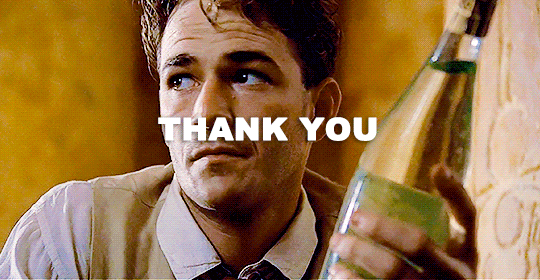
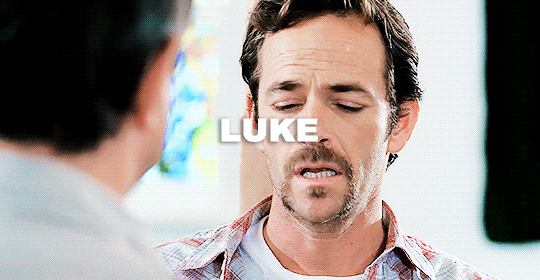
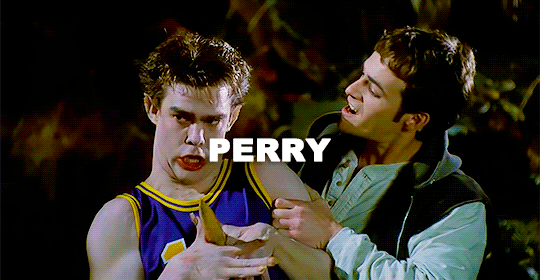
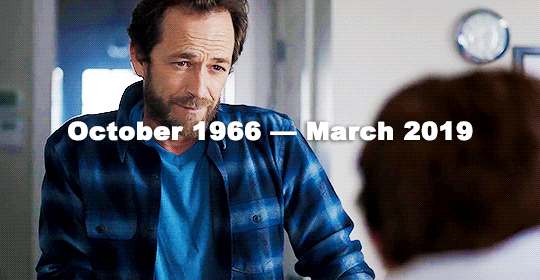
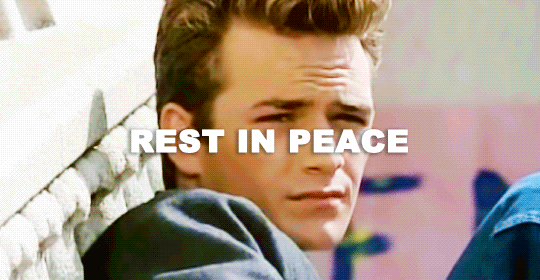
“I’m lucky: I always wanted to be an actor. But I never felt the need to be in with the crowd. I didn’t mind being on the outside. I was always looking forward or upwards, not in.”
12K notes
·
View notes





